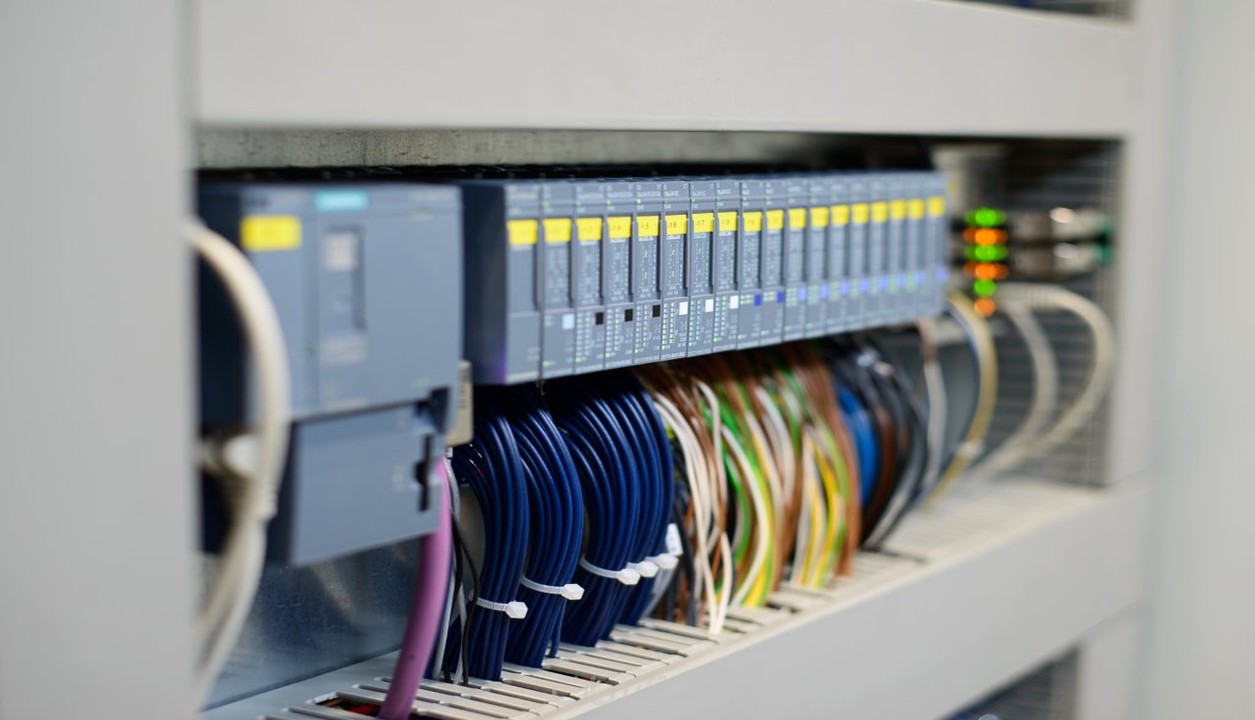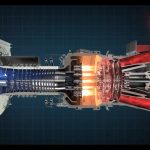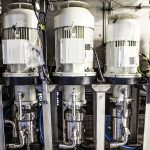Course Overview:
Programmable Logic Controllers (PLC) are vital components in modern industrial automation. This course focuses on understanding PLC systems, programming them, and applying them to control industrial processes. Participants will learn both theoretical and practical aspects of PLC usage, including designing and developing control systems to optimize operational processes.
Course Objectives:
- Understand the fundamentals and essential components of PLC systems.
- Learn how to program PLCs for various industrial applications.
- Develop skills to analyze and troubleshoot issues in industrial systems using PLC.
- Equip participants with the ability to design and implement PLC-based industrial projects.
- Apply automation techniques to enhance efficiency and safety in industrial processes.
Course Content:
- Introduction to PLC Control: Overview of PLCs and their role in industrial automation.
- PLC System Components: Core components, supporting devices, and how to connect them.
- Basic and Advanced PLC Programming: Using programming languages, creating control diagrams, and setting up processes.
- Operations and Maintenance: Inspection, troubleshooting, and system maintenance.
- Practical Applications: Developing hands-on projects to control industrial processes like conveyor belts and motor controls.
- Advanced Topics: Integrating PLC with HMI and SCADA systems for enhanced monitoring and control.
Target Audience:
This course is designed for engineers and technicians working in industrial automation and control, maintenance engineers, system operators, and recent graduates in electrical engineering and mechatronics. It is also beneficial for professionals looking to enhance their knowledge and skills in industrial control technology using PLCs.





